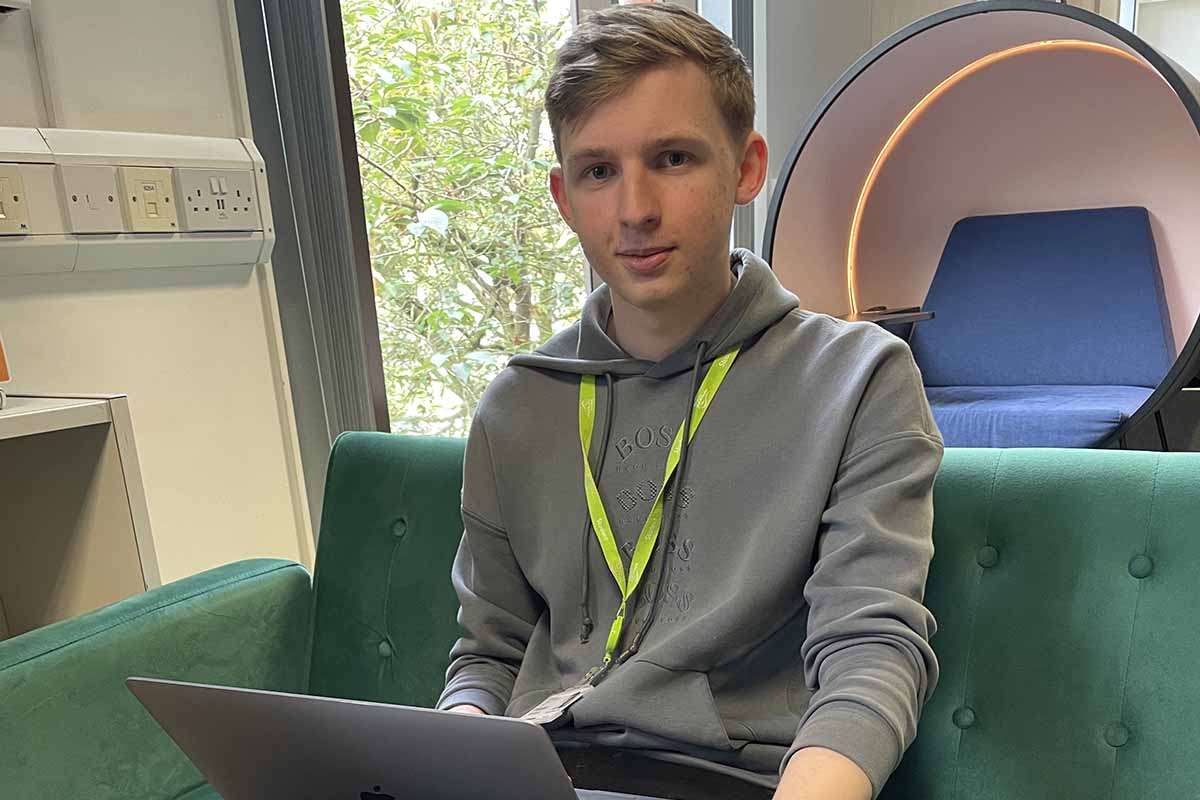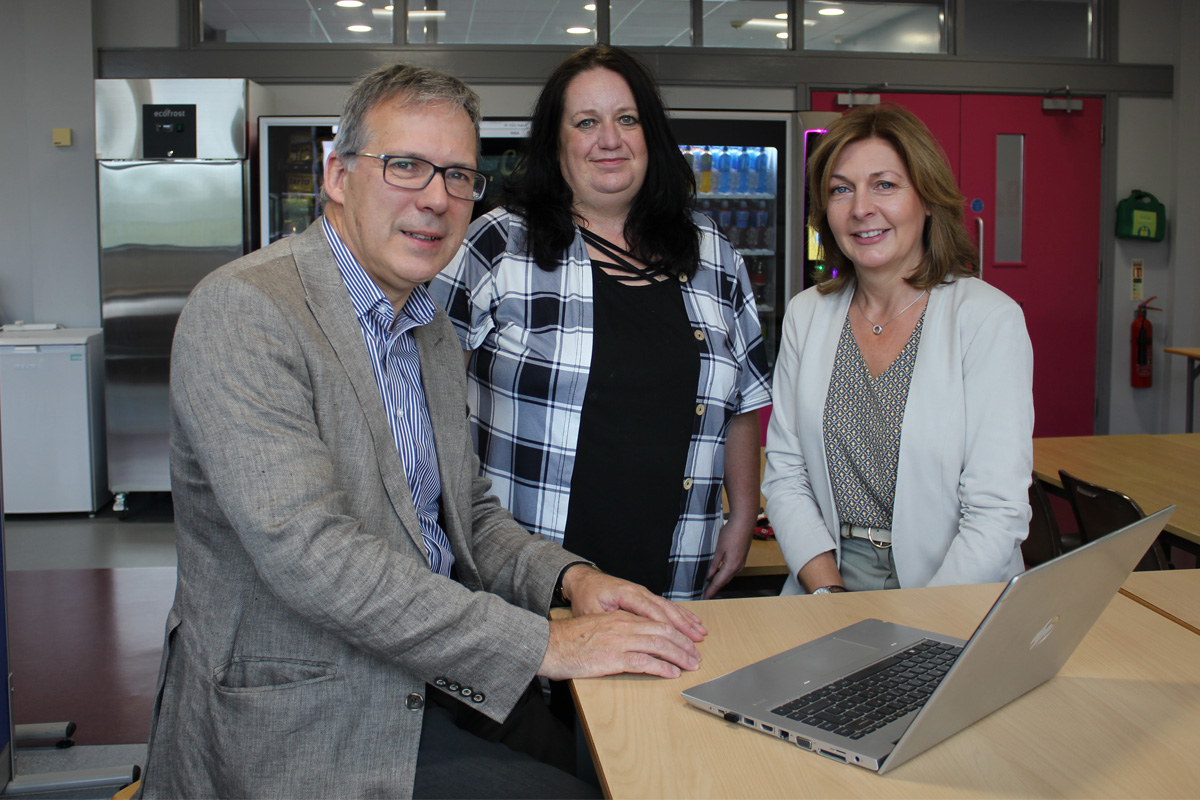Five Things We Learnt From Our Second Green Skills Summit

Last week AELP hosted their second ever Green Skills Summit in Birmingham, bringing together people to discuss how the skills sector can meet the net zero challenge. In this article Jane Hickie outlines five things we learnt from the event.
Last week we hosted our second Green Skills Summit – kindly sponsored by NOCN Group – at Millennium Point in Birmingham. Following on from last year’s successful inaugural summit, once again we brought together people to discuss how we can ensure we’re able to upskill and reskill the existing and future workforce to meet the net zero challenge. But what did we learn from the summit? Well, here’s five things I thought were worth sharing with you.
Now is the time for action
Last year’s Green Skills Summit focused on raising awareness of green skills, whereas this week’s event was much more focused on acting on that added understanding of the move towards a low-carbon economy. The recent increase in energy prices means there’s added motivation for reducing carbon emissions and reducing waste, so acting on our aims to build a sector fit for skilling the green workforce of tomorrow is vital.
That’s not to say there isn’t already a lot going on – we heard lots of examples of great projects and actions taking place. This included an inspirational keynote speech from Michael Steel of Kiwi Education. Kiwi are doing some fantastic work in adapting to a world that is changing very quickly – but the challenge will be to pull together the diverse, perhaps disparate, projects taking place across the sector into a coherent strategy.
Action will require collaboration
Any coherent strategy will need much better collaboration between government, providers and employers to ensure we’re pulling in the right direction. The skills sector and various government bodies will need to start working much more closely with the private sector to develop the green economy by preparing students for the jobs of tomorrow. As Graham Hasting-Evans from NOCN Group pointed out, we have so many different government departments responsible for green skills that nobody actually owns the problem in government – and this is a constraint that’s holding us back.
I’m confident that more employers will start to engage closely with providers in order to work out where the skills gaps are and how we can fill them. But we will also need the likes of the IfATE to act much more quickly in reviewing current and new standards. We really do need a much more responsible approach. This will become even more important in the future given the pace of technological advancements within green industries.
There are huge opportunities ahead in green related roles
It’s clear from employers that there will be significant demand for people with green skills – including at Level 2 and Level 3 – but employers also want people who are keen to learn the types of skills needed in the jobs of the future. Naturally, this will mean huge opportunities for young people and we can already start to identify the areas where those opportunities will be. One of our keynote speakers, Raquel Noboa from Fifty Shades Greener, outlined three areas – climate adaptation, climate mitigation and renewables – that will be an important area of focus. But it’s not just about technical skills, so many jobs will have a sustainability element to them and that will need to be supported.
All these opportunities will need people to fill them – and our learner discussion panel really shone a light on how much better we need careers, information, advice and guidance to be. I was joined on stage by Lily, Yumna and Kundai to hear about their experiences of apprenticeships, and I have to say what wonderful advocates they all were for vocational learning. I was also struck by the enthusiasm they have for a sustainable future. However, disappointingly one explained that in her school’s careers sessions, apprenticeships were only promoted to people who were seen as not being able to go to university. This is a common complaint, and this must change if we’re serious about parity of esteem between academic and technical pathways.
Mayoral Combined Authorities will have a leading role
The push for more devolution through the Levelling Up agenda, means that Mayoral Combined Authorities will have a leading role in the future of green skills. We heard from Fiona Aldridge of the West Midlands Combined Authority, about their ambitions to be a leader on sustainability and green skills. Yet Mayoral Combined Authorities (MCAs) have limited powers so it will be a big challenge for them to do this.
Skills is where MCAs do have some levers, and we can expect them to use those powers to get different outcomes from procurement, whether that’s AEB, Free Courses for Jobs or Skills Bootcamps. With every area of England expected to be covered by a devolution deal by 2030, the demand for green skills and the delivery of green skills provision will vary across different regions. This will give opportunities for providers to access various procurement pots in different areas of the country, but does run the risk of creating a huge level of extra bureaucracy.
Providers are starting to adapt to the transition to net zero
Ahead of AELP’s Green Skills Summit, we asked people across the skills sector to participate in our green skills survey. Sponsored by NOCN Group and City & Guilds, this gave people an opportunity to share their thoughts and actions around how their organisation is adapting to the transition to a net zero future. We were able to set out some of our provisional results outlining some of the steps stakeholders across the sector are currently taking. These will give us themes for discussion and action points on how we can support providers – so keep an eye out for those opportunities in the near future.
The climate challenge facing us all is huge and AELP is determined to play a leading role in meeting that challenge. We will need to bring together the whole skills sector to do so and I hope that once again our Green Skills Summit gave people an opportunity to do that!












Responses